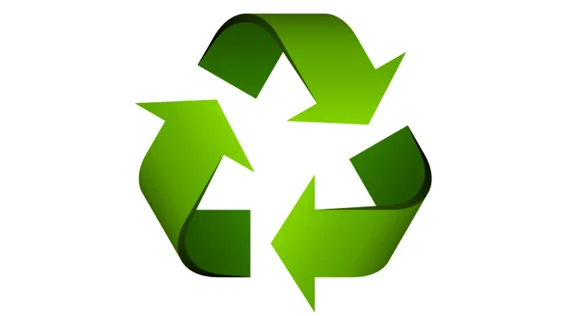
SEATTLE (Waste Advantage): In 2020, Wastequip launched CORE (COrporate REsponsibility). This program formalizes Wastequip’s commitment to improving the lives of its employees and the communities in which it operates to maintain a healthy company. Today, Wastequip launches CORE’s first public-facing initiative known as Project25. Project25 commits to reducing the amount of virgin resin used in the company’s entire cart manufacturing operation by 25%. Focused on Wastequip’s Toter brand, this commitment will help reduce Toter’s carbon footprint by 9% per cart.
The decrease per cart is calculated from a 2020 study by Resource Recycling Systems. An ISO 14044 compliant life cycle assessment (LCA) was conducted with a critical review that evaluated a Toter cart’s cradle to grave carbon footprint. The LCA estimated that 62% of a Toter cart’s environmental footprint comes from resin. “Data to guide meaningful, measurable impacts is inherent to our CORE program,” said Kristin Kinder, vice president of research and waste stream sustainability. “Project25 is our first opportunity to turn that objective data into action and an important step toward long-lasting change at Wastequip and hopefully the industry, too”
To achieve the commitments outlined in Project25, Toter will incorporate post-consumer (PCR) and post-industrial (PIR) sources of recycled material for its six most popular colors. Toter will also offer material traceability so customers will have visibility of the amount of PCR and PIR used in their order. Toter serves national, regional, local haulers, and municipalities, as well as retail brands. Project25 aligns the interests for each of those segments. “Of course, maintaining Toter’s legendary toughness and durability, while reducing the virgin resin in our carts, was the only option,” added Kinder. “As Toter’s LCA confirmed, extending a cart’s lifespan is one of the most critical components to decreasing a cart’s carbon footprint.
Toter consistently delivers durability, with customers reporting an average service life of 11 years for their Toter carts, while those who don’t use Toter carts report a service life just over nine years. Keeping Toter carts that extra two years lowers its carbon footprint by 17%. That’s the same benefit as using almost 50% recycled resin (by weight).
Courtesy: www.wasteadvantage.com
| Copper Scrap View All | |
| Alternator | 0.31 (0) |
| #1 Copper Bare Bright | 3.69 (0.04) |
| Aluminum Scrap View All | |
| 356 Aluminum Wheels (Clean) | 0.71 (0) |
| 6061 Extrusions | 0.62 (0) |
| Steel Scrap View All | |
| #1 Bundle | 475.00 (0) |
| #1 Busheling | 495.00 (0) |
| Electronics Scrap View All | |